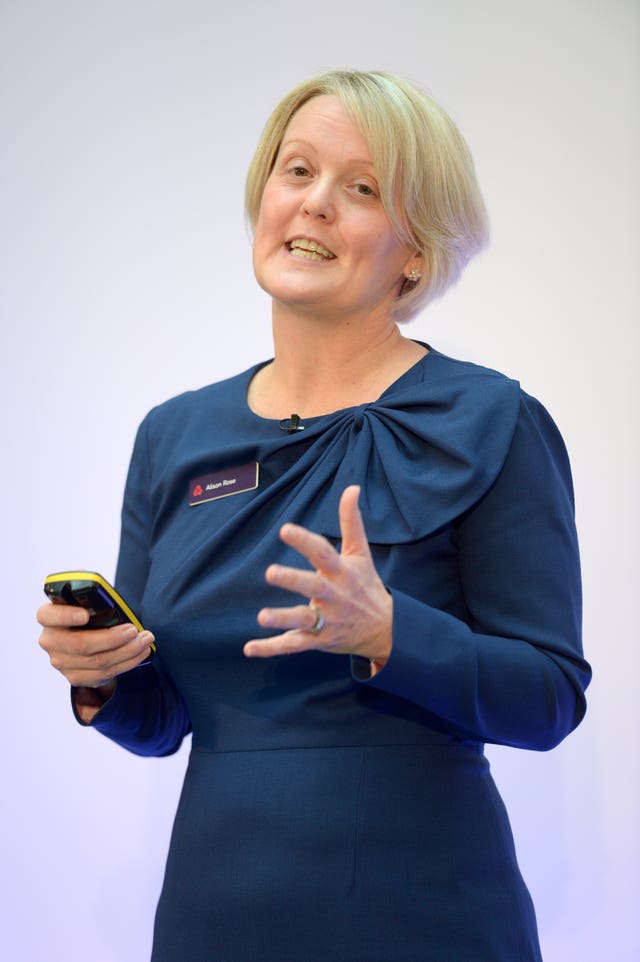Profit halved at the Royal Bank of Scotland during a troubled first three months of the year for the banking industry as coronavirus shut down large parts of the global economy.
The bank said operating profit before tax reached £519 million in the opening quarter of 2020.
It was a 49% drop from the same period last year but still ahead of the £415 million analysts had expected.
Bosses at the company said writing off £802 million of bad loans, so-called credit impairments, ate into its bottom line.
The economic hit from coronavirus is to blame for around £628 million of this.
Analysts had expected impairments of around £515 million.
“Every person, family and business has been affected by the current situation and normal business activity has been severely impacted, chief executive Alison Rose said.
After a week of tough news when other banks revealed multibillion-pound impairments, the news from RBS was greeted with some relief by investors.
Shares jumped as much as 4.9%, settling back to around 3% up before midday.
“The universal chorus from banks during this quarterly reporting season has been one of sharply lower profits, largely due to markedly higher impairment provisions, Richard Hunter, head of markets at Interactive Investor, said.
“It is therefore unsurprising to see RBS in harmony.”
Nicholas Hyett, equity analyst at Hargreaves Lansdown, said Ms Rose’s bank has gone into the crisis “loaded up to the gunwales with capital”.
He added: “Generally though we think RBS is, perhaps more by luck than judgment, among the best placed banking names in the current conditions.”
On a call with reporters Ms Rose said RBS, which also owns NatWest, has kept nine in 10 branches open, even while 60,000 staff members were sent home to work.
The bank has approved more than 8,000 loans, worth £1.5 billion, to small firms under the Government’s coronavirus business interruption loan scheme (CBILS), designed to help companies through the crisis.

In the run-up to the crisis, many of its business and private customers were being prudent, setting aside more cash than usual.
Business deposits increased by around £8.9 billion, compared to the last quarter of 2019, RBS said.
“People are being very prudent and very conservative,” Ms Rose said.
Many of those given mortgage payment holidays by the bank are saving the cash and both business and personal customers are cancelling non-essential direct debits and spending.
“I think what you’re seeing is concern about the situation and people naturally conserving their cash during a period of uncertainty,” Ms Rose said on the call with reporters.
RBS said it would be “inappropriate” to provide the markets with a medium-term outlook as the economy faces “unprecedented levels of uncertainty”.
Ms Rose added: “Although the outlook remains extremely uncertain, we approach the crisis from a position of strength, with confidence in our balance sheet and focus on our strategic priorities.”
The results come a month after RBS announced it would not pay out a dividend to shareholders, after a request from the Bank of England’s Prudential Regulation Authority to all the banks.




Comments: Our rules
We want our comments to be a lively and valuable part of our community - a place where readers can debate and engage with the most important local issues. The ability to comment on our stories is a privilege, not a right, however, and that privilege may be withdrawn if it is abused or misused.
Please report any comments that break our rules.
Read the rules here